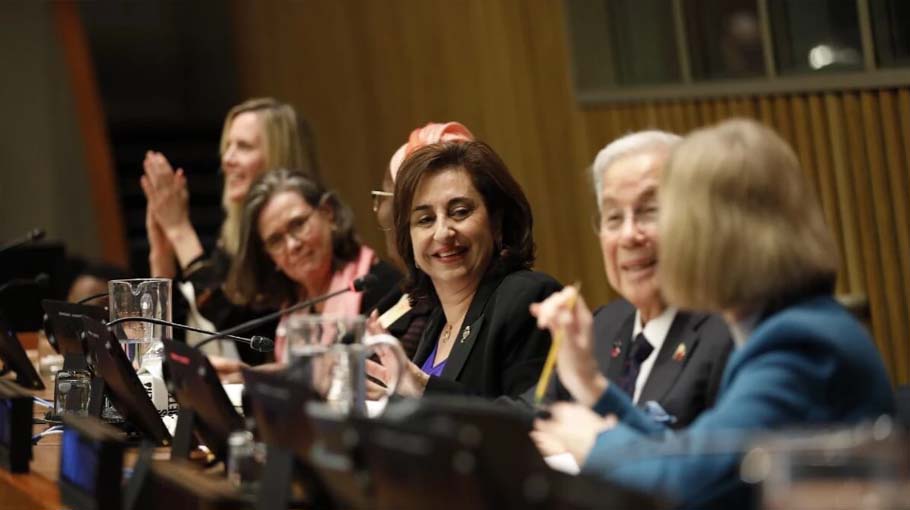UN Commission pledges robust measures to end women’s poverty

The 68th session of the Commission on the Status of Women (CSW68) has concluded, marking a significant step towards eradicating women’s and girls’ poverty.
Over the twelve-day session, which ended on Friday, UN Member States committed to robust measures to strengthen financing and institutions to address poverty and ensure gender parity.
The commission emphasised the urgent need to invest in gender-focused initiatives to promote gender equality and mitigate the impacts of climate change.
It highlighted the stark reality that one in every ten women globally lives in extreme poverty, with more than 614 million women residing in conflict-affected areas, where they are 7.7 times more likely to face extreme poverty.
A concerning projection indicates that climate change could exacerbate hunger for 236 million more women by 2030, effectively doubling the number of affected men.
In response to these challenges, this year’s secondary agenda focused on strengthening institutions, social protection systems, and financing with a gender perspective.
During the side events, members put forward strategies outlining a forward-thinking framework designed to bolster women’s economic autonomy while confronting economic structures that have entrenched inequalities domestically and internationally.
Globally, 10.3 per cent of women live in extreme poverty today, according to the report presented by the UN Secretary-General to the Commission, and progress towards ending poverty needs to be 26 times faster to achieve the Sustainable Development Goals by 2030.




